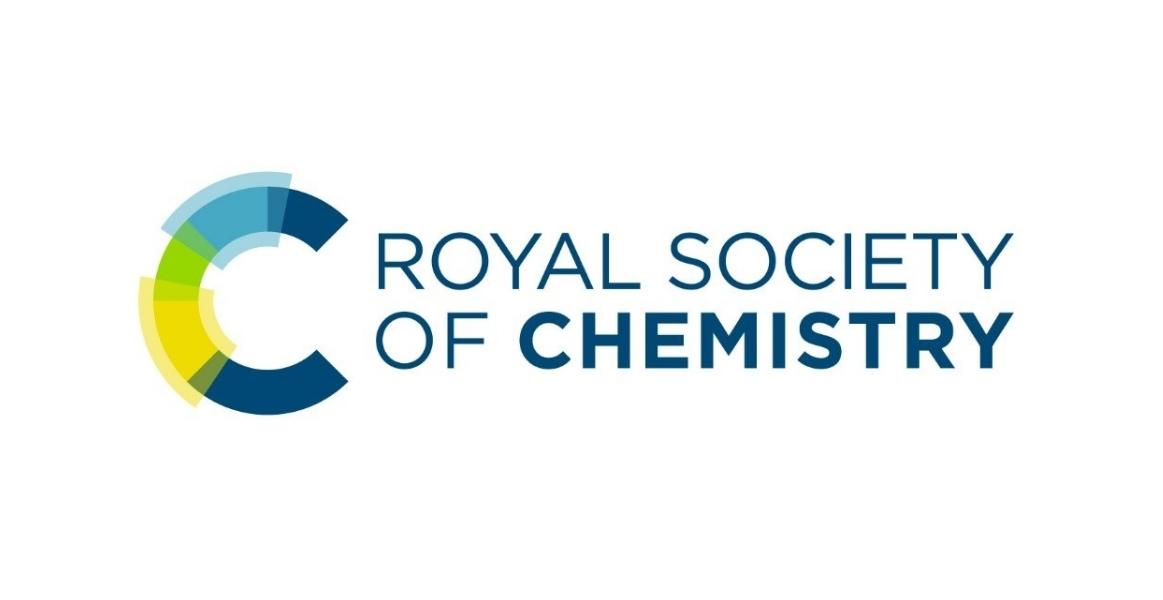Original source: RSC
The Royal Society of Chemistry will reduce its net carbon emissions to zero by 2040, our president and chief executive announced yesterday at our Annual General Meeting.
Joining the UN Race to Zero is just one of a number of commitments and initiatives the RSC is embarking on as part of a new sustainability programme.
RSC, a Licensed Member of the Society for the Environment, have also signed up to the Pledge to Net Zero initiative, of which SocEnv is a founding signatory. As part of Pledge to Net Zero, over 100 organisations including RSC have committed to reaching net zero via the setting of science-based targets.
RSC president Professor Tom Welton said at the AGM: “Chemistry is at the heart of sustainability, which encompasses some of the most urgent societal challenges of our time; perhaps top of the list is climate change. It is essential that the RSC takes a leadership role on behalf of chemistry and chemical scientists everywhere, particularly with COP 26 being held in Glasgow this year.”
Chief executive Dr Helen Pain added: “’Net Zero’ is a science-based goal: it’s the point we stop contributing to further warming. We start tog ether down this path today, and the next decade is crucial… and so our path to net zero includes a milestone by 2030 of at least 50% reduction, compared with 2019.”
Professor Welton promised that alongside 2021’s Trustees’ report, the organisation would present a full set of carbon accounts and plans for how we will achieve net zero. He said: “This will mean considering absolutely everything we do, from international travel to the suppliers we work with. And it will be a joint effort: we all need to consider the climate impact of our actions and minimise it where possible.”

CEnv registration via RSC
The Royal Society of Chemistry (RSC) are a professional body licensed by the Society for the Environment to award Chartered Environmentalist (CEnv) status.
